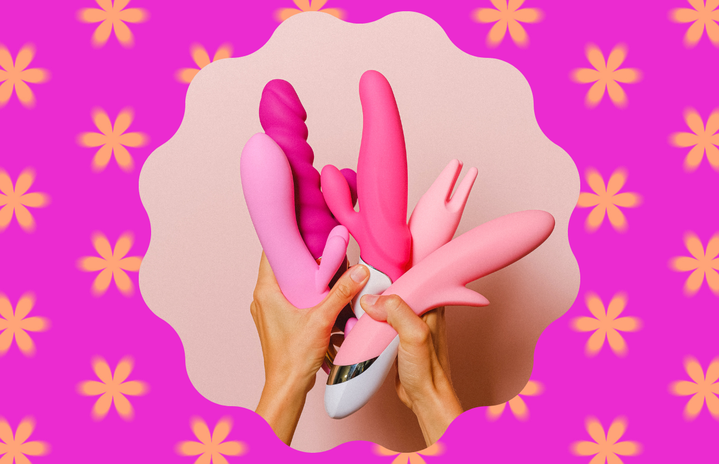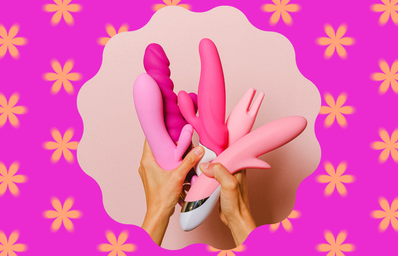SEXUAL PLEASURE! We love to experience it, but most of us would rather dig a hole and jump into it than speak freely when it comes to sex. Talking about sex with your partner or friends is one thing; talking about it in an academic or professional setting is a completely different story! The taboo surrounding sexual wellness not only limits our access to proper sex education and sexual wellness products, it also restricts the level of progress being made in the sexual wellness industry.
There’s a tremendous amount of space for innovation in the sexual wellness industry right now; everyday there seems to be a new sex toy going viral on TikTok. But who are making these products?! It’s strange to think that there are businesses and academics that talk about sex for a living – but many exist. As a young woman in engineering with a passion for mechanical design and women’s sexual health and wellness, I can’t help but wonder about the companies that design and manufacture sexual wellness products. Who founded these companies? Are they run by women? Who are the engineers behind it all? And more importantly, how can I be a part of it? I decided to do some exploration; here’s what I found…
As I conducted my research, it became increasingly apparent that the types of sexual wellness devices currently on the market were created for cisgendered, heterosexual, and able-bodied users. It took some digging to discover sexual wellness brands that were founded by and created for people with vulvas, but once I found them, wow! It was inspiring to read about Anna Lee, Mechanical Engineering graduate from UC Berkeley, who is the technical co-founder of Lioness, a Sex Research Platform that is destigmatizing female pleasure and correcting the systematic imbalances in sexual health research and education by inventing the first and only smart vibrator that uses biofeedback, precision sensors, and pleasure data to help people learn more about their own arousal and orgasms. Anna said, “I’ll be honest, I felt a lot of guilt and shame around my own body until just about 3 years ago. Who knew with my mechanical engineering skills, I have the power to change that for myself and other women?”. Some of the women on the engineering team also stated that they had an interest in both engineering and sexuality during their studies but had no idea they would actually be able to combine the two fields into a successful career.
An engineer’s main goal is to solve people’s problems. So as engineering students, project-based courses play an essential part in our creative development. As we progress through to upper-year courses, our projects have become more open-ended in nature. The problems aren’t fed to us anymore. We must identify problems that we are passionate about and use creativity and technical skills to generate practical solutions. As you can imagine, being in a male-dominated field means that the problems that are chosen to tackle are typically androcentric: focused on the male perspective. It is rare to see projects that focus on issues concerning women: menstrual health, sexual wellness, gender-based violence and period poverty. There is still a sense of stigma and shame surrounding these topics, and conversations concerning these subjects are generally suppressed. I wanted to learn more about human sexuality in general, so this semester I enrolled in PSYCH 3AC3: Human Sexuality. Finally, a space where sexuality can be spoken of freely, in the absence of shame and confusion! As I’m learning more about gender differences in how culture views sex and sexual pleasure, it is even more interesting to connect it back to my mechanical engineering projects, to see how the two can be integrated. I’ve started proposing bolder project ideas to my group members: tampons for wheelchair users, sex toys for vulva owners with disabilities, menstrual “pad” printers that manufacture cotton pads for women in developing countries. As I broach these topics, I notice most people’s reactions are surprised at first, even hesitant or overwhelmed, while some seem refreshed and excited to delve into these barely touched areas. In general, though, the issue of female pleasure is not at the top of everyone’s mind. This is a way of thinking that I hope to shift during my final years here at Mac.
If this article resonated with you, and you’d like to learn more about women-led sexual wellness brands that are using science and engineering to destigmatize female pleasure and create accessible and sustainable sexual wellness products, check out companies like Dame Products, Maude, and Unbound.


